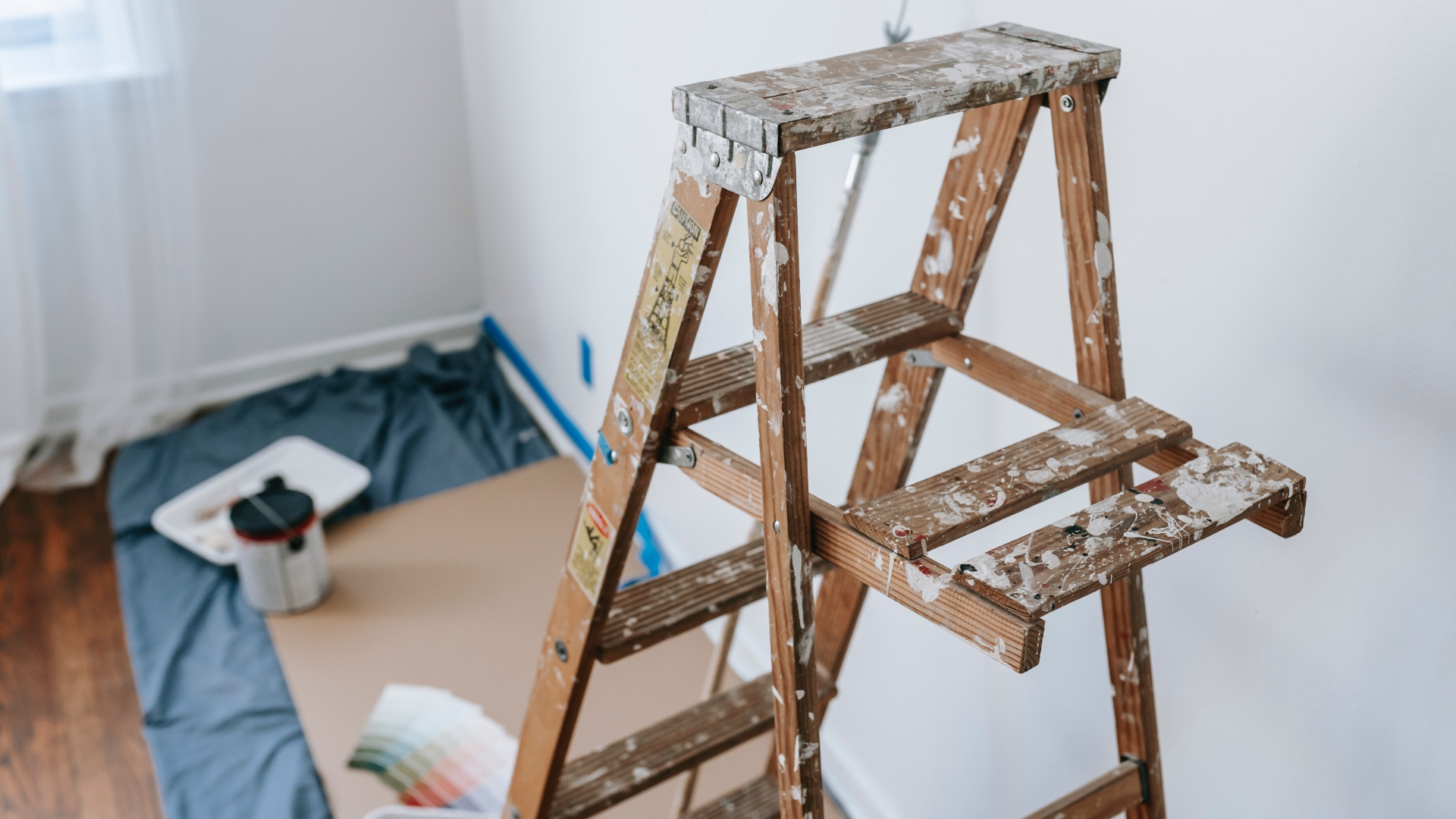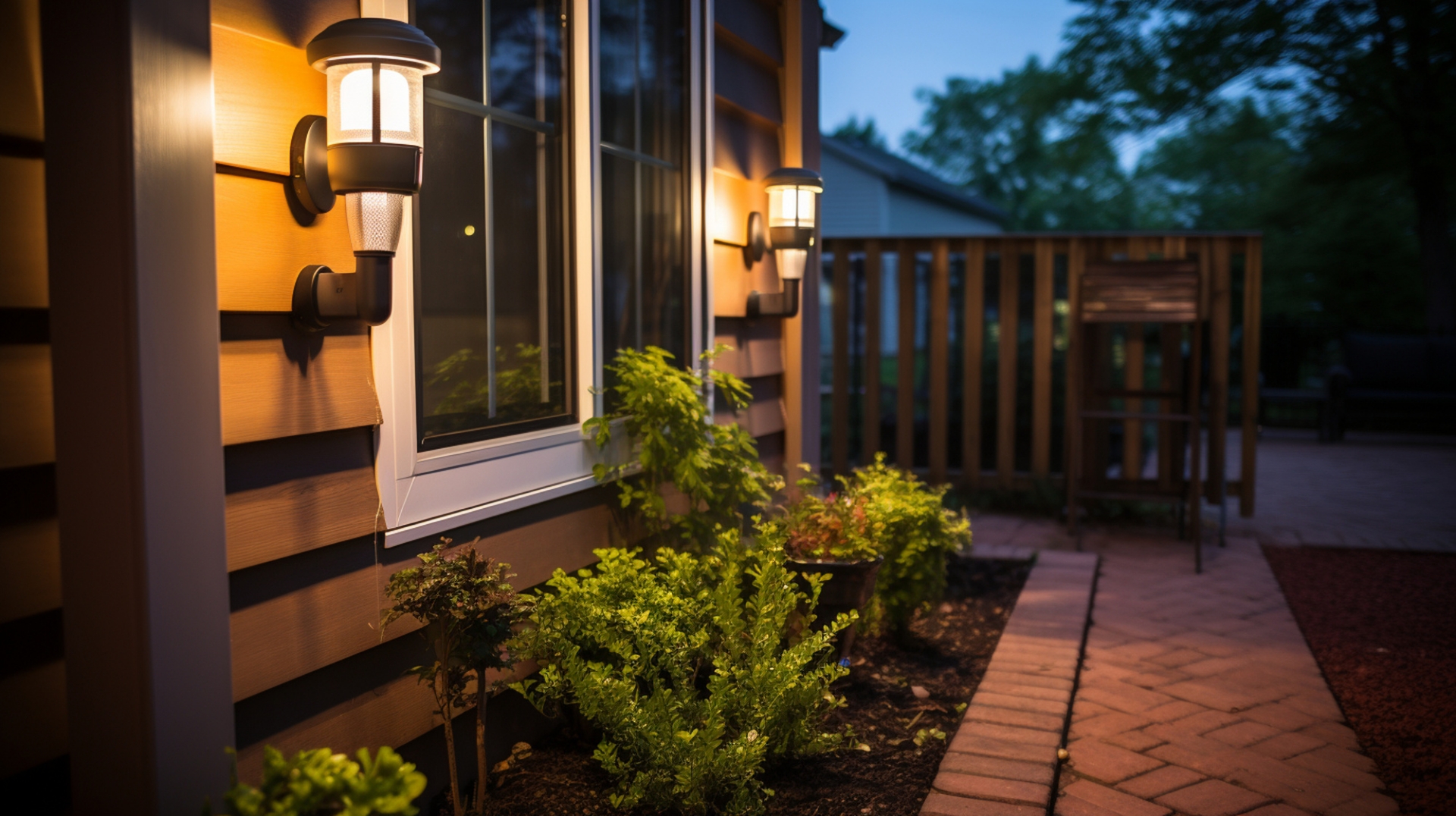Building your own home can lead to you living in a place that you have always dreamed about. However, these are notorious projects that can spiral out of control if you are not careful, which is why you need to do more to ensure that it is not going to go wrong. Part of this means keeping to a tight schedule. Of course, it is unrealistic to think that every single element will go off without a hitch. However, you can build a contingency timetable that takes into account the potential issues and looks at ways that they can be sidestepped and overcome as and when possible. With this in mind, the following blog post is going to be all about how you can keep a home-building project firmly on schedule, ensuring that you have your dream place to live ready for you at the earliest possible opportunity.
Apply for permits long in advance
One of the main issues is likely to be the number of permits that you have to apply for. Bear in mind that – just like dealing with many governmental organizations – the progress can be slow, and you cannot expect that you will be able to fast-track the process. For this reason, it is going to be more than worth ensuring that you apply for the permits with plenty of time to spare. This way, if any delays come up, they are not going to cause you too many problems. It is also worth having a good overview of the project to ensure that you know about every single permit that you may need. After all, you don’t want to find yourself in a situation where you have nearly all the right permissions but you have forgotten about one, and this is what ends up spoiling the project in the end.
Ensure you hire the right people for the project
While you may well be planning out the project, so much is in the lap of the gods in terms of the other people who are directly involved in managing it and organizing all of the little details. For this reason, you need to make sure that you get the hiring process right in the first place. A big part of this comes down to looking at the case studies from all of the contractors, as well as getting personal recommendations as and when possible. This minimizes the risk that you will end up hiring people who are simply not right for the job and are going to cause it to drag on for a lot longer than you would have wanted otherwise.
Agree on the plan with all involved
You are bound to have plenty of people involved in the project, including architects, builders, and other earthwork contractors in Kansas City, for example. Everyone needs to know the full extent of the plans and exactly where their part is going to come in. There is no point in sharing it with some people and not with others. The project also needs to be agreed upon in terms of what you have planned out on the page and what the builders can physically accomplish with the time that you have set out. Ultimately, ensuring this level of agreement is so important as it means that everyone is working from the same page, and there are fewer disagreements that can spring up and derail the project as a whole.
Inform any neighbors
Not only do you want to create a good living situation with the people that you will be living next door to, but you also want to ensure that they do not raise any objections that could see your project thrown into jeopardy. One way of getting around this issue is by informing them with plenty of time to spare and ensuring that you are well aware of any objections before they spring up. If you can smooth these out sooner rather than later, it can stop any delays to the project. It is also worth informing them that it is best that you all work together here as this can help to ensure that any projects are run with a great sense of efficiency and without any lumbering timetable issues that come to the forefront and spoil your project entirely.
Work together to overcome any challenges
When you have any challenges that you face as a group, you need to make sure that these are also dealt with as part of a team. While you may have a project leader who helps to keep everyone on track and manage individual ideas, it is more than likely that the final solutions will be reached by coming up with a consensus that suits everybody involved. It is also worth operating a site that has a great deal of transparency in terms of overcoming any obstacles along the way. If there are any that end up being covered up rather than discussed as part of a team, they can end up festering away in the background before they eventually rear their ugly heads to cause more of a problem than was initially needed.
Come up with contingency plans
While nobody really likes the idea of switching to a plan B, you are glad when you actually have one and do not have to spend any time scrabbling around and trying to work out what to do when something goes wrong. So, it is certainly important that you have contingency plans in place for the things that are most likely to go wrong along the way. A sense of honesty in laying out what these are is likely to be as important as a starting point. While it may well feel like it is time not being well spent at this stage, you will be more than thankful that you have the necessary backup plans if you need them. After all, failing to plan is planning to fail.
Learn from other home-building projects
It is a good idea to check out some of the things that are most likely to go wrong in home-building projects in the first place. Linking them up with the contingency plans listed above, it is more than likely that you will have crossover problems with other projects that have taken place in the past. It is also worth noting that if you assemble a team that has plenty of experience behind them, they will also likely know where and when the problems are likely to arise. They will also have past experiences that they can draw upon in order to make your project a successful one.
When you have a home-building project, there is every chance the timetables can start to feel quite elastic, and there are issues that can spring up along the way. However, the better prepared you are to overcome the problems before they happen, the more likely it is that your project will go smoothly. A big part of this means being prepared. This involves applying for all necessary permits with plenty of time still to spare. It also means informing your neighbors and trying to deal with any objections that they have before they actually spring up. At the same time, you should also make sure that you hire an excellent team who is going to help the project rather than hinder it. As the one who will be overseeing everything, you need to be fair but firm in your demands, ensuring that you move firmly in the right direction to eventually achieve success.











